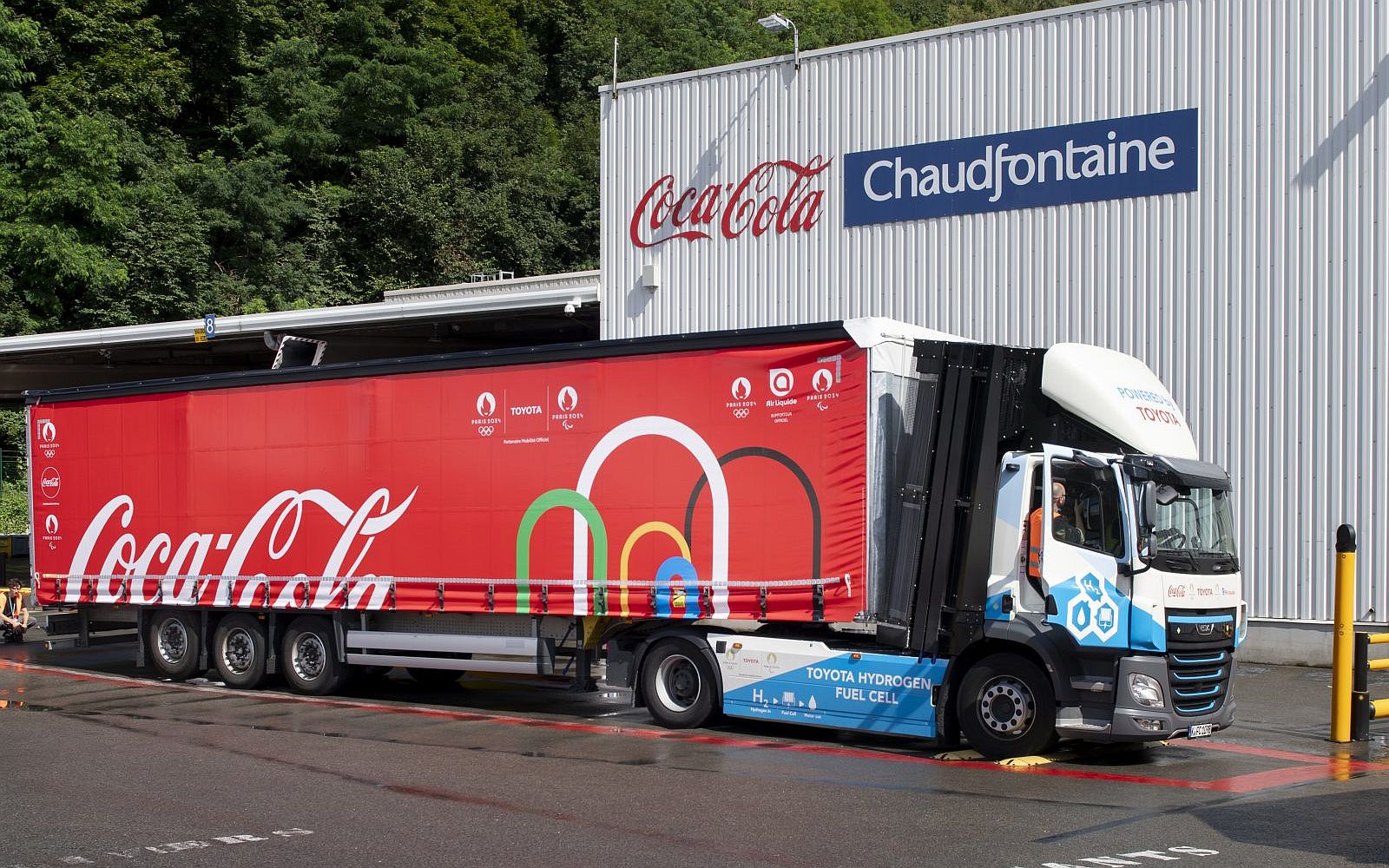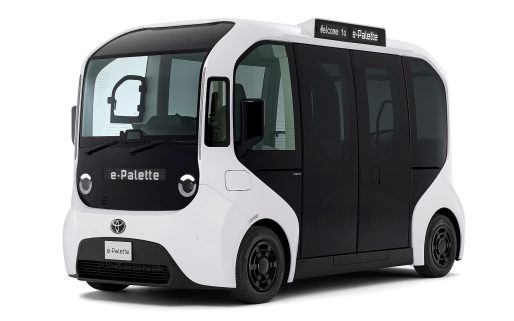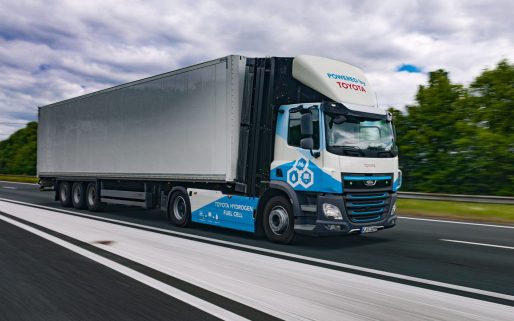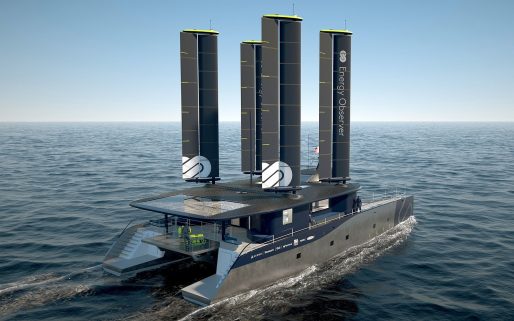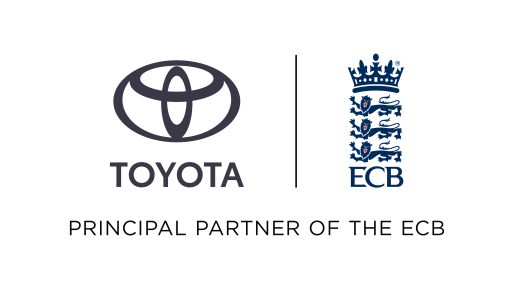Heavy-duty haulage accounts for around one quarter of Europe’s freight transport volume, and Toyota is supporting the decarbonisation of this important supply chain with its hydrogen truck projects. In this respect, Toyota is delighted to announce that it is working with drinks company Coca-Cola and clean energy supplier Air Liquide on a pilot programme for a new hydrogen-fuelled long-haul truck with zero tailpipe emissions.
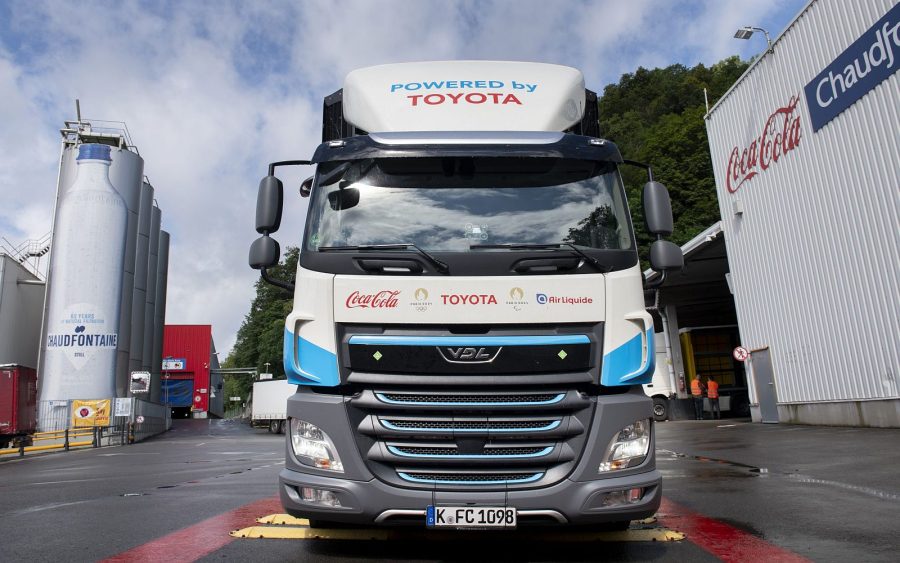
Interestingly, the usage patterns and demand for large volumes of hydrogen make long-haul commercial trucks a key contributor in the development of sustainable hydrogen infrastructures.
The system functions in the same way that it does in the Toyota Mirai, its hydrogen fuel cell stack fusing hydrogen and oxygen molecules to produce water, while simultaneously generating electricity. The hydrogen comes from renewable sources, the electricity it generates is used to power the truck’s motors, and water is the only tailpipe emission. The system offers the further benefit of fast refuelling.
Learn more: How does Toyota’s hydrogen fuel cell work?
This latest collaboration is another illustration of Toyota’s objective of supporting and contributing as much as possible to the establishment of carbon neutral societies. It also demonstrates the adaptable nature of our fuel cell module, which is currently being engineered to power applications such as trucks, buses, coaches, trains, boats, near-shore and short-sea vessels, stationary generators and so on.
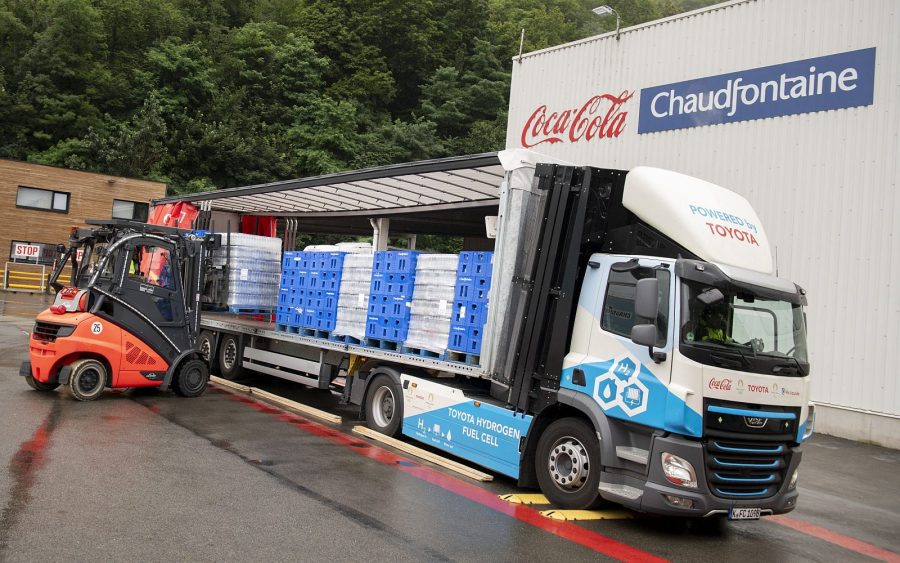
Thiebault Pacquet from Toyota Motor Europe commented: “It is a great pleasure to collaborate with like-minded partners and demonstrate our shared vision of sustainable mobility. The insights gained from these proofs-of-concept will serve as crucial milestones on our path towards achieving zero tailpipe carbon emissions in our logistics operations by 2040.”
“We are pleased to partner with Toyota and Air Liquide to test hydrogen solutions for our long-distance logistics operations,” added Eric Desbonnets from Coca-Cola. “We want to learn from this experience as we continue to work towards reducing our carbon footprint.”
Erwin Penfornis from fellow programme partner Air Liquide concluded: “This collaborative project… will demonstrate the relevance of hydrogen for heavy-duty mobility. With a growing call for products with a low carbon transportation footprint, hydrogen is particularly well-suited to long-distance transportation, providing flexibility and productivity.”
Read more about Toyota’s hydrogen-fuelled projects:
Hydrogen Hilux pick-up
Hydrogen moon rover
Hydrogen buses
Hydrogen remote-controlled car
Hydrogen ship
Hydrogen city
